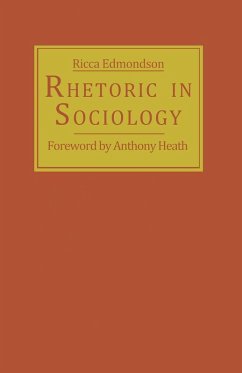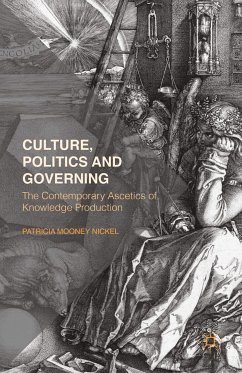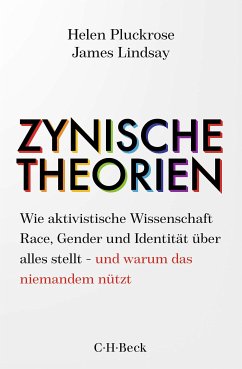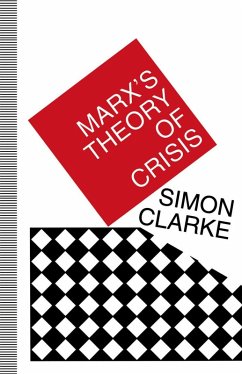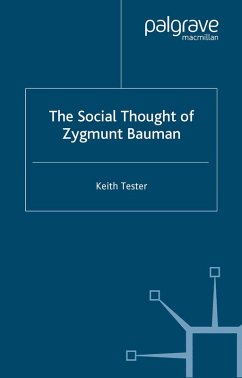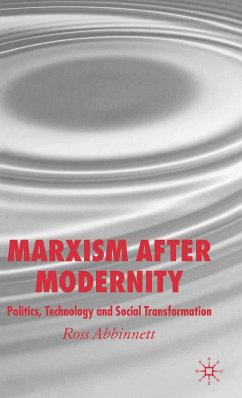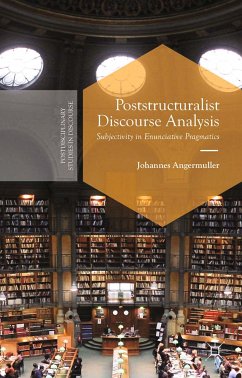
Poststructuralist Discourse Analysis (eBook, PDF)
Subjectivity in Enunciative Pragmatics
Versandkostenfrei!
Sofort per Download lieferbar
40,95 €
inkl. MwSt.
Weitere Ausgaben:

PAYBACK Punkte
20 °P sammeln!
This book presents developments of discourse analysis in France and applies its tools to key texts from five theorists of structuralism: Lacan, Althusser, Foucault, Derrida and Sollers. It pays special attention to enunciative pragmatics as a poststructuralist approach which analyzes the discursive construction of subjectivity.
Dieser Download kann aus rechtlichen Gründen nur mit Rechnungsadresse in A, B, BG, CY, CZ, D, DK, EW, E, FIN, F, GR, HR, H, IRL, I, LT, L, LR, M, NL, PL, P, R, S, SLO, SK ausgeliefert werden.




